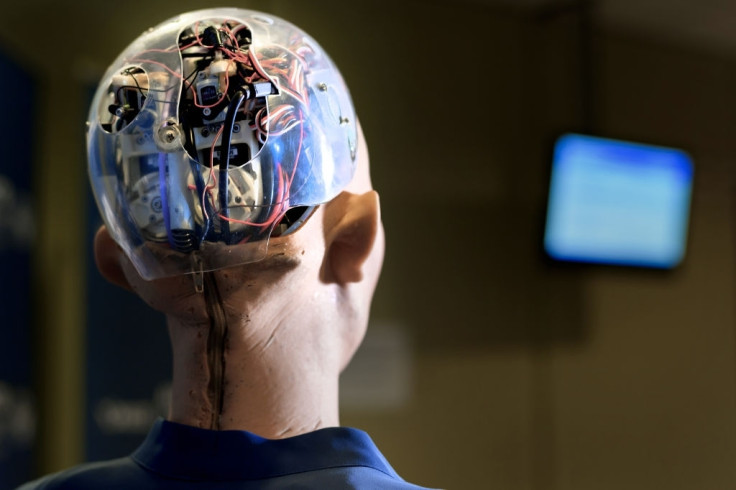New AI is able to identify early biomarkers of Parkinson's disease with 90% accuracy
CRANK-MS stands for Classification and Ranking Analysis using Neural network generates Knowledge from Mass Spectrometry.

A new machine learning tool called CRANK-MS can identify, with high accuracy, people who are at risk of developing Parkinson's disease. The algorithm was developed by researchers at the University of New South Wales (UNSW) in Australia and Boston University in the United States.
CRANK-MS stands for Classification and Ranking Analysis using Neural network generates Knowledge from Mass Spectrometry. It uses mass spectrometry to analyse blood molecules and identify patterns that are associated with Parkinson's disease. The algorithm was trained on a dataset of blood samples from people with Parkinson's disease and healthy controls.
This incredibly innovative new tool can swiftly run on a standard laptop and is able to leverage AI to detect underlying signs of Parkinson's disease even years before symptoms such as tremors, muscle stiffness and slowed movements start manifesting. This would allow for early intervention and treatment, which could improve the quality of life for people with the disease.
In a study published in the journal ACS Central Science, CRANK-MS was found to be able to identify people with Parkinson's disease with 90 per cent accuracy. The algorithm also identified molecules that are possible early biomarkers of Parkinson's disease.
The tool uses trained layers of nodes modelled on the human brain to hunt for specific chemical compounds in the blood called metabolites. These distinguished patterns can potentially predict the presence of disease or protect against it.
Metabolites are small molecules involved in a wide range of biological processes, including energy production, growth, development, and reproduction. Studying metabolites provides valuable insights into cellular metabolism, disease mechanisms, and the effects of drugs or environmental factors on biological systems.
Diana Zhang, a chemist from the University of New South Wales in Australia said: "To figure out which metabolites are more significant for the disease versus control groups, researchers usually look at correlations involving specific molecules."
"But here we take into account that metabolites can have associations with other metabolites – which is where machine learning comes in. With hundreds to thousands of metabolites, we've used computational power to understand what's going on," she continued.
The team that discovered CRANK-MS made use of blood plasma samples collected as part of their Spanish European Prospective Study on Nutrition and Cancer study. The study focused on 39 patients who later on went to develop Parkinson's within 15 years of their participation in the study.
The team compared metabolite mixes with 39 control patients who didn't. Several patterns were identified that were considered to be potentially significant in advancing research in Parkinson's. The team observed that those who went on to develop Parkinson's tended to have lower levels of triterpenoids in their blood. Triterpenoids handle stress on the body at a cellular level and are found in foods including apples, olives, and tomatoes.
The researchers also noticed the presence of polyfluorinated alkyl substances (PFAS) in people who later developed Parkinson's. This might be a possible link to higher exposure to industrial chemicals.
The researchers are now working to improve CRANK-MS and to make it available to clinicians. They are also investigating other potential applications for the algorithm, such as the early detection of other neurodegenerative diseases.
Meanwhile, researchers from the Massachusetts Institute of Technology (MIT) have developed a diagnostic tool that could revolutionise cancer screening. The test requires just a urine sample, making it an affordable and non-invasive screening option. The research has also been published in Nature Nanotechnology.
Investigators at Harvard Medical School and the University of Copenhagen, in collaboration with VA Boston Healthcare System, Dana-Farber Cancer Institute, and the Harvard T.H. Chan School of Public Health have also developed an AI-based population screening that can expedite the diagnosis of pancreatic cancer. This groundbreaking tool promises to revolutionise cancer diagnosis and treatment, offering patients a faster, more accurate diagnosis and a better chance of survival.
© Copyright IBTimes 2025. All rights reserved.




















